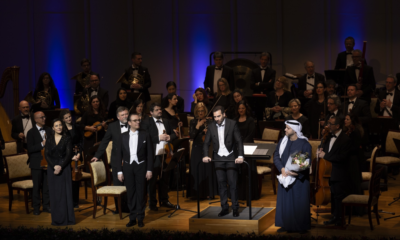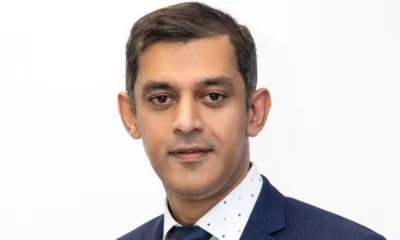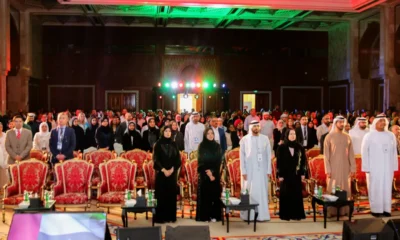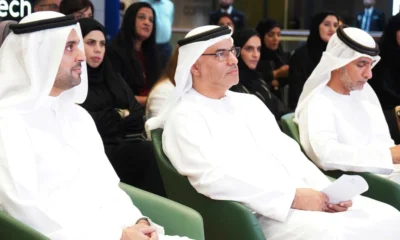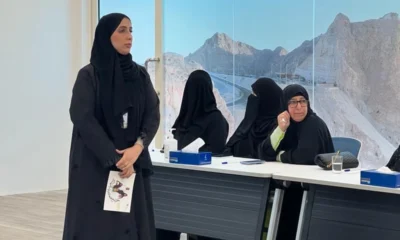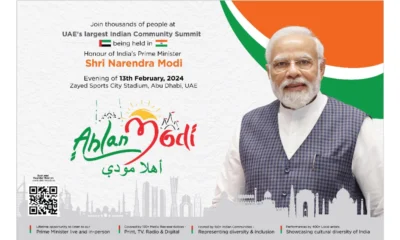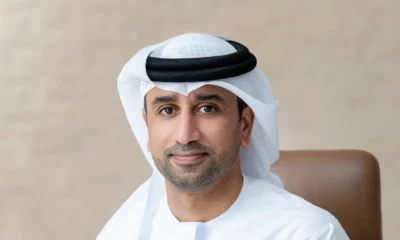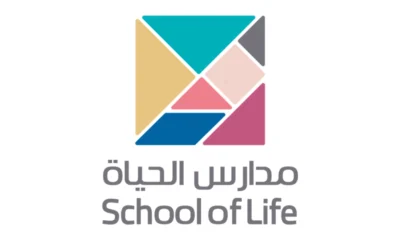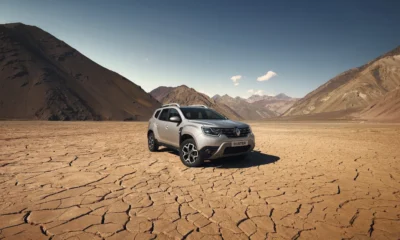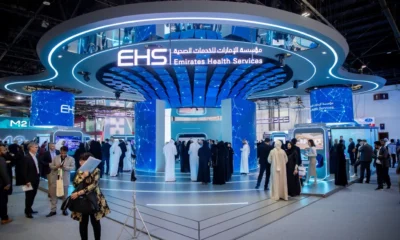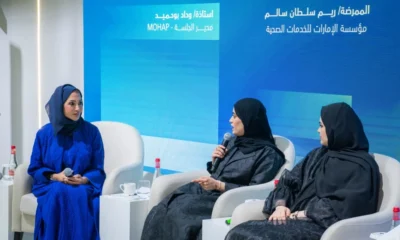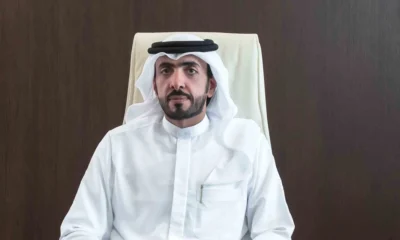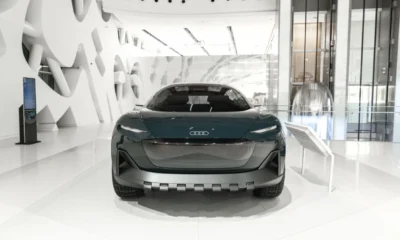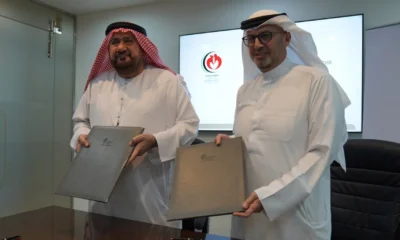Travel & Tourism
UAE and India explore investment opportunities in new economy and tourism sectors
UAE’s FDI in India totaled AED 56.5 billion by the end of 2022
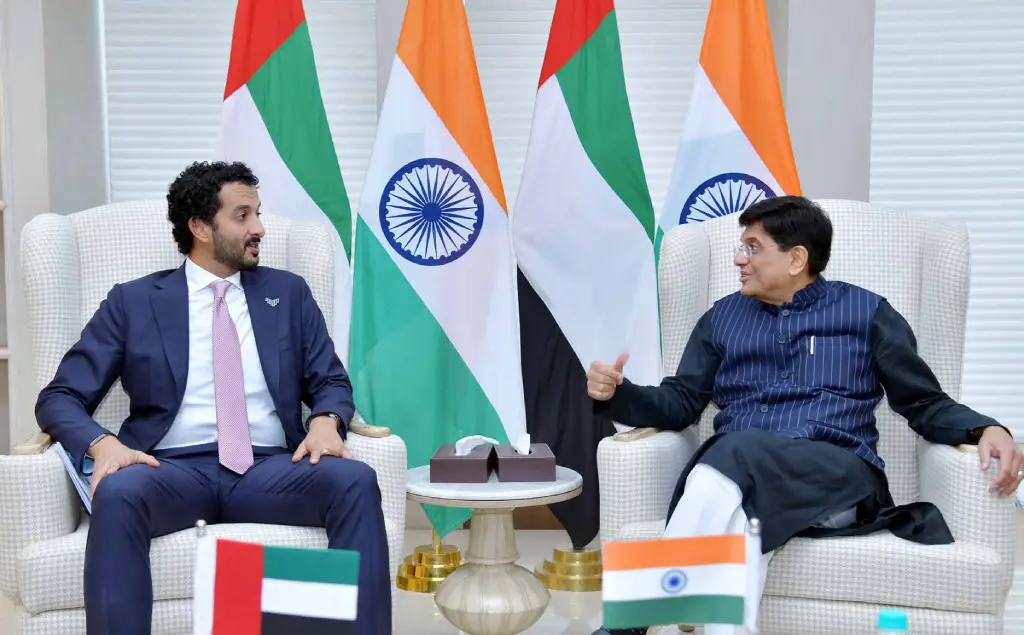
H.E. Abdulla bin Touq Al Marri, UAE Minister of Economy, met with Shri Piyush Goyal, Indian Minister of Commerce, Industry, Consumer Affairs, Food & Public Distribution and Textiles; and Shri G. Kishan Reddy, Minister of Tourism and Culture of India recently, to discuss frameworks for strengthening economic and trade cooperation.
H.E. Bin Touq said that the UAE-India relations have evolved into an exceptional model of bilateral cooperation and fruitful partnership aimed at promoting sustainable development, economic welfare, and the steady prosperity of their people.
The Minister of Economy said: “The UAE-India relations are growing at a rapid pace, as Abu Dhabi and New Delhi seek to further build on existing cooperation in light of the Comprehensive Economic Partnership between the two countries. We are working towards boosting the volume of non-oil trade exchange, which reached AED 189 billion in 2022, up 15 per cent from 2021. We are working closely with our partners in the Indian government to establish mechanisms that will increase the volume of mutual investments and diversify them into new sectors. The UAE’s investment flows to India amounted to about AED 56.5 billion by the end of 2022, mainly in renewable energy and telecommunications, roads infrastructure, real estate, and start-ups, while Indian FDI in the UAE rose to AED 30 billion in 2020.”
H.E Bin Touq’s meeting with Shri Piyush Goyal, Minister of Commerce, Industry, Consumer Affairs, Food & Public Distribution and Textiles, discussed ways to strengthen and diversify existing economic partnership. Both ministers also explored the adoption of innovative initiatives that contribute to enhancing private sector’s access to opportunities and support the growth and expansion of startups in the markets of the two countries, offering them more advantages and incentives, thus promoting their contribution to the GDP.
In this regard, H.E. noted that the CEPA between the UAE and India, signed one year ago, marked a milestone in the two country’s trade and investment cooperation and enhanced the resilience of the flow of goods and commodities between them. It has also established a new phase of sustainable growth for both economies. H.E. explained that the UAE looks forward to creating new pathways, through which, joint investment flows can be strengthened across other priority sectors. H.E. expressed the country’s appreciation and support for India’s G20 presidency and its efforts in organizing and hosting the G20 Summit 2023. The UAE will participate in this summit as a guest country.
H.E. Bin Touq’s meeting with Shri G. Kishan Reddy, Indian Minister of Tourism and Culture, explored the possibility of enhancing investment exchanges in the tourism sector. In addition, the adoption of innovative initiatives that contribute to stimulating tourism flows between the two countries was discussed, in addition to increasing the number of mutual flights.
In this regard, H.E. said: “We are keen to enhance cooperation with India to explore more promising opportunities in the tourism sector and launch innovative tourism projects that harness the potential of latest technologies in hospitality services. This will enhance the tourists’ experience and make the two countries preferred tourism destinations.”
“India was one of the major tourism source markets for the UAE in 2022. We welcomed nearly five million Indian visitors, while the number of Emirati visitors to India reached nearly 58,000. We look forward to working together to build on this momentum and enhance tourism flows between the two countries in the upcoming period,” H.E. added.
H.E. Bin Touq invited the Indian private sector to benefit from the growth in the two countries’ relations in light of the CEPA, in addition to the incentives offered by the UAE economy for growth and expansion in the UAE and the wider region. Furthermore, the Minister of Economy met with a group of businessmen and CEOs of leading companies in the presence of Sanjeev Bajaj, President of the Confederation of Indian Industry (CII); Chandrajit Banerjee, Director General of CII, during which he said: “The UAE is currently building its new economy model to be more resilient and competitive, under the directives of our wise leadership. The UAE is continuously developing the national business environment in order to create an economic climate that supports business growth and attracts investments. We achieved this through the adoption of a number of proactive economic policies, most notably the granting of full foreign ownership, issuance of legislation to protect intellectual property, and the launch of an ambitious strategy to attract talented individuals in all sectors to consolidate the UAE’s position as a permanent hub for creativity and innovation.”
India is one of the UAE’s most important strategic global partners as it holds promising investment and growth opportunities and a unique location in the Asian continent. India became the UAE’s second largest trade partner in 2022, accounting for 8 per cent of the UAE’s total global trade. The UAE is India’s third largest trade partner globally, and first in the Arab world as of 2022.
Furthermore, India is the first country with which the UAE signed a comprehensive economic partnership agreement, under the patronage of H.H. Sheikh Mohamed bin Zayed Al Nahyan, President of the UAE; and Narendra Modi, Prime Minister of India, in February 2022. This is a part of the UAE’s strategy to sign comprehensive economic partnership agreements with the most important trade partners, in line with the ‘Projects of the 50.’ The first anniversary of the implementation of this agreement was celebrated on 1 May 2023. The agreement aims to raise the value of the non-oil bilateral trade between the two countries to reach USD 100 billion over the next five years, in addition to enhancing cooperation in a number of sectors. These include financial service, ports, logistics, growing exports, food security, agriculture, technology, and other sectors of mutual interest.


